Electromagnetics Blog Posts
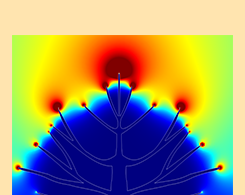
It’s a Bird, It’s a Plane, It’s…Gravity-Defying Spiders!
Spider ballooning, in which spiders float for miles, was originally observed by Charles Darwin in 1832. Since then, researchers from University of Bristol used simulation to study this effect.
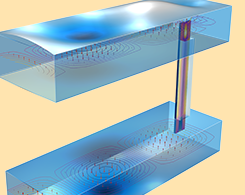
3 Examples of Modeling Transitions for Rectangular Waveguides
Waveguide to planar, coaxial to waveguide, and rectangular to elliptical: These 3 different transitions for rectangular waveguides can be modeled using COMSOL Multiphysics® and the RF Module.
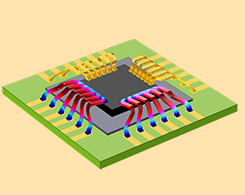
Course: Modeling Joule Heating with Thermal Expansion
Get an overview of the course on Joule heating and thermal expansion. Plus, access supporting material.
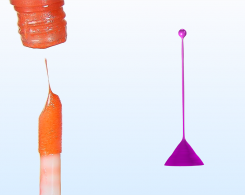
How Does This Lip Gloss Appear to Defy Gravity?
We attempt to explain a mysterious, gravity-defying phenomenon involving a viral video, dielectric materials, electrostatics, and lip gloss.
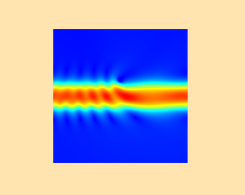
Modeling a Scatterer Near an Optical Waveguide
In the real world, most structures are more complex than a 2D dielectric slab. However, if you’re designing photonic structures, you can learn a lot about wave optics modeling from this example.
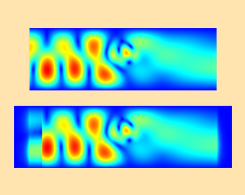
Modeling Waveguides that Support Multiple Modes
2 ways you can model a waveguide that supports multiple modes: add a PML that can be used to absorb any modes, or explicitly add ports for each possible mode.
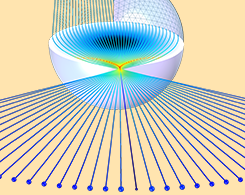
2 Video Discussions on Multiphysics Simulation of Optics and Photonics
John Wallace, senior editor at Laser Focus World, and Chris Boucher, technical product manager at COMSOL, discuss the use of multiphysics simulation in the optics R&D community. Take a look…
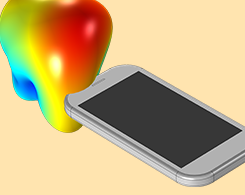
Computational Electromagnetics Modeling: Which Module to Use?
If you work with a particular electromagnetic device or application area, you might be wondering which module in the COMSOL product suite is right for you. Keep reading for a comprehensive intro.
